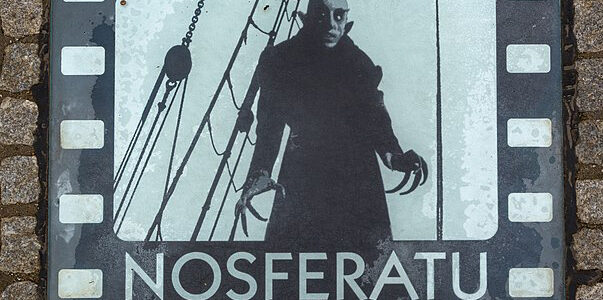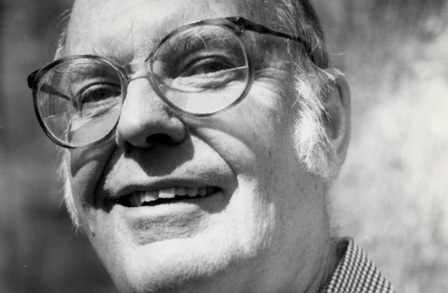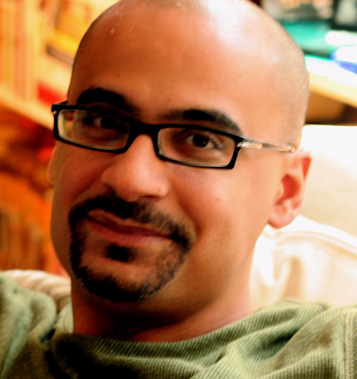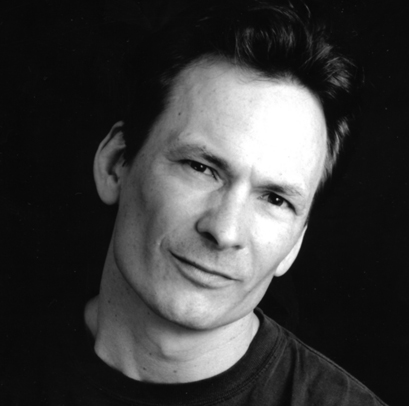In the weeks before Halloween,
edging to the end of the interminable
election, I found myself obsessed
with the silent vampire classic Nosferatu.
The whys for my obsession are murky
though a preference for silence over
the clamor and din of political ads
is certainly part of the appeal.
Not that Murnau’s movie is really
silent. Befitting a “symphony in horror,”
it has a fine score, not as lugubriously
memorable as the oboe solo opening
the Universal Dracula (borrowed
from Swan Lake) but with its
heaving organ and screeching violins
a powerful part of the plot.
A plot, I must admit, which is
ludicrous for me to obsess on,
recoiling, as I do, from the sight
of blood, sometimes fainting
from the merest razor nick shaving.
Me who averts his eyes the moment
someone reaches for a knife, flicks open
a switch blade, simply mentions a chain saw
(the black-and-whiteness immaterial).
Besides, Count Orlok, as Murnau called him
to fend off lawsuits from Stoker’s widow,
is a tidy bloodsucker with little spillage.
Of course I could mention the obvious:
the undead rising from his sarcophagus,
visiting plague upon the land.. but I think
my obsession rests mostly with the end –
vampire tricked by a stalwart woman
to stay up past dawn, light at last puncturing
his evil which crumbles like his castle
into dream dust
again and again and again.
 Paul Genega’s seventh full-length collection, Outtakes: New and Selected Poems 1975-2023, was published by Salmon Poetry in December, 2023. Over a long career, his poems have appeared in scores of magazines and journals, including Poetry, New York Quarterly, The Nation and North American Review. He is Professor Emeritus at Bloomfield College of Montclair State University in New Jersey where he founded the creative writing program, taught literature and writing, chaired the Humanities Division, and served as Chair of Faculty. Visit him at www.paulgenega.com.
Paul Genega’s seventh full-length collection, Outtakes: New and Selected Poems 1975-2023, was published by Salmon Poetry in December, 2023. Over a long career, his poems have appeared in scores of magazines and journals, including Poetry, New York Quarterly, The Nation and North American Review. He is Professor Emeritus at Bloomfield College of Montclair State University in New Jersey where he founded the creative writing program, taught literature and writing, chaired the Humanities Division, and served as Chair of Faculty. Visit him at www.paulgenega.com.













































